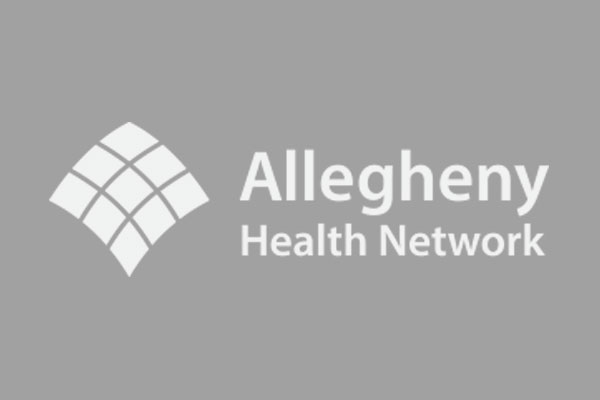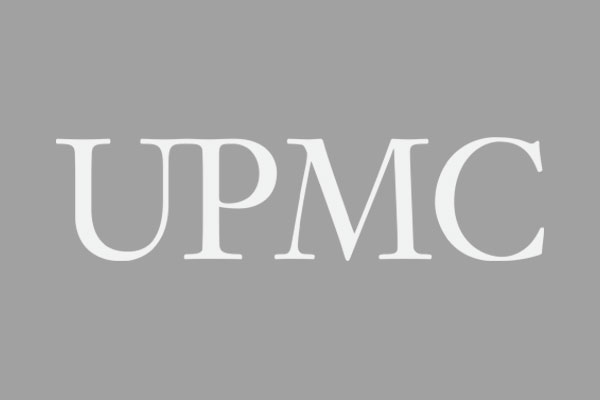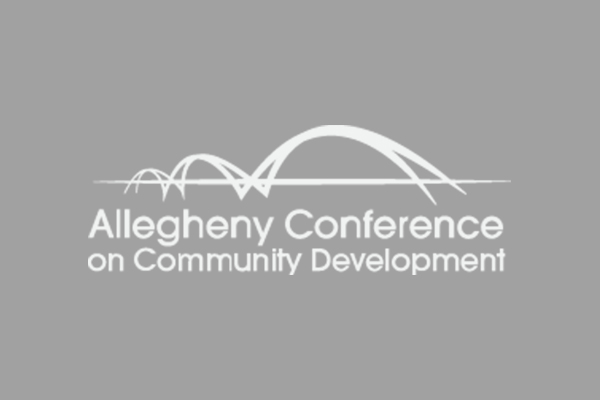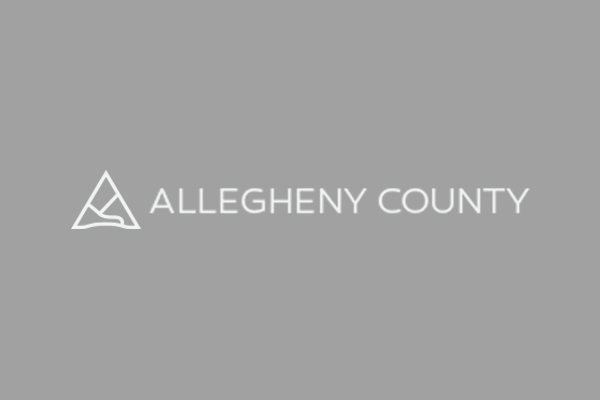
R
Residents of Pittsburgh and its neighboring communities throughout Southwestern Pennsylvania benefit from an abundance of world-class universities, prestigious private colleges, and highly regarded community colleges. With 60 colleges and universities to choose from, students of all ages can pursue a path of higher education suitable for their personal goals.
This wealth of opportunity also benefits the community as a whole. Institutions of higher education contribute to the entire region’s quality of life. Universities and colleges employ thousands of local residents. And the millions of dollars paid through local and state income taxes provide a substantial economic impact. Combine that with student and faculty spending and expenditures for construction and other projects and the financial impact rises to billions of dollars annually.
Allegheny County
A thriving public research university with more than 34,000 students across five campuses, The University of Pittsburgh is ranked No. 23 on the U.S. News & World Report’s 2022 list of Top Public Schools in the Nation. According to Kiplinger’s Personal Finance, Pitt is one of America’s best-value public colleges and is the best value in Pennsylvania for the 13th consecutive year. In 2016, Pitt was named the #1 public university in the Northeast in the Wall Street Journal/Times Higher Education rankings.
The Pittsburgh campus covers 132 acres in the city’s Oakland section which includes various historic buildings, most notably, the 42-story Gothic revival centerpiece known as the Cathedral of Learning. Four regional campuses serve students and communities in Bradford, Greensburg, Johnstown, and Titusville. Pitt is a member of the prestigious Association of American Universities (AAU), a group of 62 distinguished public and private universities in North America that are PhD-granting institutions.
Pitt is home to 16 schools and colleges that offer a breadth of high-quality undergraduate and graduate programs. 97% of Pitt graduates achieve a successful career outcome within six months. All six of Pitt’s global and area studies centers have been chosen to receive both National Resource Center grants and Foreign Language and Area Studies Fellowships by the federal government.
Patrick Gallagher is the 18th Chancellor of the University, which includes 16 schools and colleges offering undergraduate, graduate, and professional education. The University’s more than 13,000 employees—include 4,450 fulltime faculty members—serving 16 undergraduate, graduate, and professional schools and colleges. About 60 percent of Pitt’s graduates live and work in Pennsylvania, and there are more than 87,000 Pitt alumni living in Allegheny County alone. Gallagher plans on stepping down as chancellor in Summer of 2023.
Faculty members and graduates of The University of Pittsburgh include Rhodes Scholars, Marshall Scholars, and Fulbright Scholars. Honors bestowed on graduates include the Nobel Peace Prize, the Nobel Prize in Physiology or Medicine, the National Medal of Science, MacArthur “Genius” Fellowships, the Pulitzer Prize for Fiction, the Fritz Medal in Engineering, National Book Awards, and the Shaw and Albany prizes in medicine. There are also Academy Award winners, U.S. Senators, U. S. Cabinet members and U.S. state governors.
A proven economic engine, Pitt contributes $5.2 billion annually to communities throughout Pennsylvania. One of out every 130 jobs in Pennsylvania is supported by Pitt. An estimated 65% of Pitt graduates remain in Pennsylvania and contribute to the state economy. Pitt returns $271.7 million in tax revenue to state and local government and supports 47,490 jobs across the commonwealth.
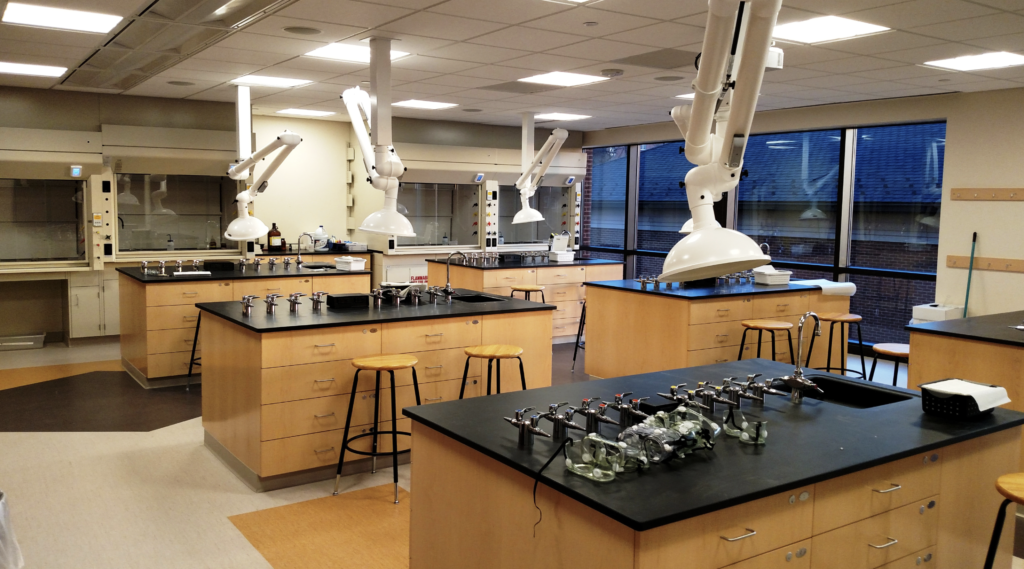
Reported in late 2022, for the first time in its more than 230-year history, Pitt surpassed over $1 billion in annual research expenditures, joining just over a dozen national institutions that have done the same.
Shared as a landmark figure in Pitt’s inaugural annual “Report of Research” that spanned 2021-2022, the university reported expenditures of $1.07 billion on research-related efforts during its past fiscal year. That figure places Pitt at No. 15 nationally in a list of higher education research and development expenditures, according to the National Science Foundation Higher Education Research and Development (HERD) Survey’s figures of the 2020 fiscal year. Research strengths have contributed to the launch and growth of such technology-driven, economic-development initiatives as the Pittsburgh Life Sciences Greenhouse, the Robotics Foundry, and the Pittsburgh Tissue Engineering Initiative, among many others. Technologies developed at Pitt have developed the basis for more than 100 start-up companies since 1996. The University has seen almost 500 new U.S. patents in the last decade and a half. Pitt also sits at the heart of what has been called the education and health services employment super-sector by the U.S. Department of Labor. This is now the largest employment sector in the Pittsburgh metropolitan area.
Across its 115 years in existence, Carnegie Mellon University (CMU) has soared to national and international leadership in higher education as a global research university. With more than 13,000 students, 105,000 alumni, and more than 6,000 faculty and staff, the CMU community considers passion and real-world problem solving as part of the university’s DNA. Carnegie Mellon is consistently a top-ranked university, recognized for its world-class arts and technology programs, collaboration across disciplines, and innovative leadership in education. Selected in March 2018, Farnam Jahanian serves as President of the university.
CMU consists of the College of Engineering, College of Fine Arts, Dietrich College of Humanities and Social Sciences, Heinz College of Information Systems and Public Policy, Mellon College of Science, School of Computer Science, and the Tepper School of Business. A birthplace of innovation since its founding, CMU continues to be known for innovation and for interdisciplinary collaboration.
At Carnegie Mellon, passion and real-world problem solving are a part of our DNA. Civic engagement efforts grounded in social issue education and reflection are powerful expressions of real-world problem-solving mentality. Through direct service, civic discourse, activism, social justice and philanthropic opportunities, the CMU community joins together with a focus on a better future for all.

The university’s world-renowned faculty members are practicing professionals who bring extensive knowledge and experience into the classroom. With a student-faculty ratio of 13:1, faculty members are accessible and take a genuine interest in their students’ work.
Founded in 1878 by Catholic missionaries known as the Spiritans, Duquesne University has risen from its humble beginnings as a school for the children of Pittsburgh’s poor immigrants to an educational and economic powerhouse. The private Catholic university offers nine schools of study serving nearly 9,500 students. Duquesne boasts 80 undergraduate degrees and 90 graduate programs on campus in Pittsburgh as well as partially or entirely online. With a faculty-student ratio of 14:1, students have plenty of direct access to award-winning scholar-teachers.
The University Core Curriculum emphasizes students’ intellectual and ethical development through the liberal arts. Using the modes of inquiry particular to the humanities and the social and natural sciences, students expand their self-understanding and their knowledge of the world.
Pittsburgh area corporations, high-tech businesses, health systems and non-profit organizations recognize the quality of a Duquesne education, and they seek their students for cooperative projects, internships, and jobs. Current national rankings include #151 out of 443 National Universities, #100 in Best Colleges for Veterans and #68 in Best Value Schools.
The main campus is located on 49 acres in Pittsburgh, with 31 buildings and 6 living-learning centers, or student-residence buildings. Its close proximity to Downtown Pittsburgh provides ample cultural experiences just steps away from the campus.
Point Park University focuses on student success through experiential learning opportunities. Located in the heart of Downtown Pittsburgh, Point Park currently enrolls more than 4,200 students in over 100 undergraduate, graduate and doctoral programs offered through its School of Arts and Sciences, Rowland School of Business, School of Communication, School of Education and Conservatory of Performing Arts. Its students represent 49 states and 44 countries.
In the fall of 2020, PPU joined the JED Campus program in support of student mental health and well-being. The program is a nationwide initiative of The Jed Foundation (JED) designed to help schools evaluate and strengthen their mental health, substance misuse and suicide prevention programs and systems to ensure that schools have the strongest possible mental health safety nets. By joining JED Campus, Point Park demonstrates a commitment to the emotional well-being of its students.
Carlow University is a private, coeducational, Catholic university located in the heart of Pittsburgh’s “Eds, Meds, and Tech” district. Founded by the Sisters of Mercy, Carlow’s graduates, curriculum, and partnerships reflect its strong commitment to social justice; ethical, forward-thinking and responsible leadership; and service to the community that has a meaningful impact. Undergraduate and graduate degrees are offered in three colleges: Health and Wellness, Leadership and Social Change, and Learning and Innovation. Carlow graduates are in demand for their professional expertise, in fields ranging from nursing, the sciences, and perfusion technology to counseling, education, and forensic accounting; their entrepreneurial spirit and creative mindset; and their ability to manage change. Carlow’s thirteen athletic teams are known as the Celtics, a reflection of the university’s Irish heritage and roots. Notably, Carlow University President Kathy W. Humphrey, PhD has been named as one of Pittsburgh Business Times’ 2022 Women of Influence, an accolade recognizing women throughout Pittsburgh who have had a significant impact on the community.
Chatham University is home to nearly 2,200 undergraduate and graduate students. The university is comprised of three distinct campuses, the Shadyside Campus; Chatham Eastside in the fast-growing East End; and the 388-acre Eden Hall Campus, the world’s first academic community built from the ground up for the study and practice of sustainability earning the school recognition as one of the greenest colleges in the United States.
Chatham’s academic excellence centers around sustainability, the health sciences and lab sciences, business and communications, and arts and humanities. Undergraduates can choose from over 40 majors. Among Chatham’s forward-thinking initiatives is The Integrated Degree Program which allows an undergraduate student to begin a Chatham graduate program during their senior year of high school and earn both a bachelor’s and master’s degree in as few as five years.
Many students find that after scholarships and grants, a Chatham University education can be obtained for about half the standard price. Chatham’s ranking in the 2022-2023 edition of Best Colleges in National Universities is #194. Also at Chatham, the Career Development Office works closely with faculty and the Alumni Engagement Office to help students have a successful experience entering the job market upon graduation.
La Roche University is committed to connecting up-and-coming job candidates with employers in Pittsburgh and the surrounding region. A key strategy for accomplishing this goal is to provide educational programming to support the needs of the region.
“Our goal is to continue diversifying La Roche’s academic portfolio through the expansion of our health care, technology and science programming,” says President Sister Candace Introcaso, CDP, PH.D. “The Entry Level Master of Science in Nursing program, for instance, is the first of its kind in Pennsylvania and addresses a statewide nursing shortage and eldercare crisis. At full capacity, the program has the potential to produce 100 to 150 new nurses a year, a mission-critical contribution to the two major health systems that serve the area.”
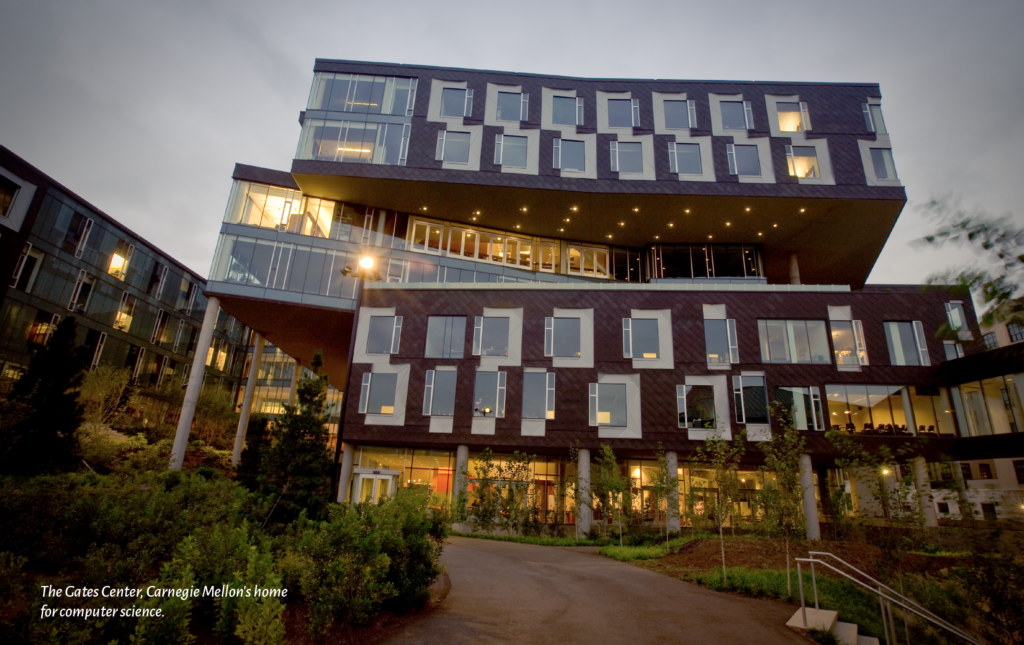
La Roche launched two Doctor of Nurse Anesthesia Practice (DNAP) programs in fall 2022—the Entry Level DNAP Program and DNAP Completion Program—to meet the challenges of changing health care trends. Both programs position graduates for advanced leadership roles involving health care policy, administration and education.
Aspiring teachers who hold a bachelor’s degree in any field now can earn a Master of Arts in Teaching (MAT) at La Roche. The program can be completed in just 15 months, which makes it ideal for obtaining a teaching position in a short timeframe. The University believes the new MAT program will help address the growing shortage of teachers across the country and in the Pittsburgh region.
“As a member of the Pittsburgh North Regional Chamber, La Roche connects employers with emerging talent in high-demand fields and creative disciplines. Throughout the year, employers have access to job and internship candidates and a variety of free resources to meet their recruitment needs. As a result, real-life learning experiences help our students to develop into college graduates who possess the specialized skills that today’s job market requires,” says Sister Introcaso.
Established in 2021, La Roche’s Center for Lifelong Learning empowers learners of all ages by offering high-quality, flexible and adaptable programs to serve and meet the needs of Pittsburgh and its surrounding communities. The Center offers a variety of engaging and interactive classes, workshops and community programs for both retirement-aged individuals, youth and professionals at various stages of their careers.
Robert Morris University (RMU) provides students with an environment that promotes engaged learning and gives them opportunities to expand their worlds with numerous and varied study-abroad programs. Recently, the university added several degree programs and expanded its honors program.
Gallup studies show RMU students are more likely than typical college graduates to say college prepared them for life after graduation and are more likely to have a job offer waiting when they graduate. Additionally, they are more likely to earn more and be more engaged in their careers while thriving in their personal well-being. RMU’s Student Engagement Transcript provides graduates with a tangible record to show future employers of their leadership and other experiences outside the classroom. Recent statistics reveal that 95% of the Class of 2020 who are employed have jobs in their field of choice. Additionally, 86% of graduates completed internships or other work-related experiences. Also 77% of graduates work in a professional or managerial position
Robert Morris, which is already one of the top business schools in Pennsylvania, now has an undergraduate business program that provides graduates with everything that they need to enter the business world in virtually every industry. One of the more unique opportunities that RMU offers is the PNC Trading Center, which simulates the NYSE floor and features a trading room as well as workstations where students can observe trading floor action.
Robert Morris University ranked 15th out of 108 U.S. universities in Fortune’s new rankings of “Best Online MBA Programs in 2022.” The university has also been given the Military Spouse Friendly Schools award for its efforts in creating sustainable and meaningful education paths for spouses of military personnel.
Since its founding in 1966, Community College of Allegheny County (CCAC) has flourished, becoming the educational powerhouse it is today—a nationally renowned two-year college dedicated to serving all members of the community. From groundbreaking student success initiatives to top-ranked academic and career-based programs, CCAC continues to be the college of choice for nearly one out of three adults in the Greater Pittsburgh metropolitan region.
The current year’s undergraduate enrollment exceeds 30,000 students taking advantage of nearly 160-degree, certificate, diploma and transfer programs while thousands more access noncredit and workforce development courses. Comprising four campuses and four neighborhood centers, as well as other offsite locations, CCAC is honored to have one of the largest veteran student populations in the state and takes pride in ranking among the nation’s top community colleges for the number of individuals graduating in nursing and other health-related professions.
CCAC graduates have transferred to the nation’s most prestigious colleges and universities, have obtained the most academically challenging and competitive degrees and can be found at leading companies, organizations and institutions throughout the country. CCAC alumni are actively engaged in every sector of society, providing leadership to scores of economic, scientific, civic and philanthropic entities both in the Pittsburgh region and around the world.
Beyond Allegheny County
Penn State University, educates more than 98,000 students, employs more than 40,000 people, and generates more than $8.5 billion annually in economic impact for the Commonwealth of Pennsylvania. Although Penn State’s main campus is located in State College, Pennsylvania, the university has four branch campuses located in the Greater Pittsburgh Area—Beaver, Fayette, Greater Allegheny, and New Kensington. It also has an MBA program located in Cranberry Township. Penn State is a Research-I university with state-of-the-art facilities. Faculty and students are dedicated to collaborating with industry and applying knowledge to make our lives better. Research projects involving more than $800 million are in the works during a given year throughout the University.
Niche ranks the Penn State Beaver Campus as one of the Most Diverse Colleges in America. Penn State Fayette ranked #178 out of 969 for Best Small Colleges in America.
Penn West California (formerly known as California University of Pennsylvania) is dedicated to building character and careers. Founded in 1852, the university has grown into a regional institution that offers more than 150 undergraduate concentrations and majors and 50 graduate programs. Some academic programs, such as Robotics Engineering Technology and Commercial Music Technology, are found in few other regional institutions.
World-class affiliations with organizations such as the Smithsonian Institution and the National Gallery of Art make Penn West California a destination for visitors and a resource for school districts throughout Western Pennsylvania.
Penn West California enrolls 8,600 undergraduate and graduate students. A significant portion of the enrollment increase in recent years can be attributed to the university’s Global Online programs. The majority of these programs, offered 100 percent online, lead to a master’s degree or other postgraduate certification.
A $54-million Convocation Center on campus serves as a regional asset. This 6,000- seat facility hosts commencement and other academic gatherings, basketball and volleyball contests, scholastic sports camps, and public events such as concerts and trade shows.
The building includes 16,000 square feet, equipped with the highest level of smart technology that is marketed for executive-level conferences. The combination of world-class amenities and a university setting is attractive to business leaders and corporate image-setters.
For the 13th consecutive year, U. S. News & World Report has ranked Saint Vincent College as a Top Tier National Liberal Arts College. The publication also recognized Saint Vincent as a top performer in social mobility. Saint Vincent also continues to be listed in Forbes business magazine among the top colleges in the nation in the release of its annual ranking of “America’s Best Colleges.” Taken as a whole, these accolades underscore the excellent value Sant Vincent provides to its students.
Located in Greensburg, Pennsylvania, Seton Hill University, formerly a women’s college, has been coeducational since 2002. A Catholic university, Seton Hill embraces students of all faiths, and has continued to follow the mission of educating students to think and act critically, creatively, and ethically as productive members of society who are committed to transforming the world. Seton Hill’s signature degree programs include health sciences, visual and performing arts, and the Wukich Center for Entrepreneurial Opportunities.
Seton Hill was once again named among the Best Regional Universities in the North in the 2023 edition of America’s Best Colleges by U.S. News & World Report. The university was also lauded as a Best Value School and a Best College for Veterans.
Seton Hill’s School of Business is expanding, adding new online MBA Programs, online and on-campus bachelor’s degrees, and new faculty. At the master’s level, Seton Hill’s Business School offers a robust online MBA Program with several career-relevant areas of focus. Brand new MBA degrees in Business Analytics; Leadership and Management; and Cybersecurity Risk Management have been added to the programs’ existing offerings in Forensic Accounting and Fraud Examination; Healthcare Administration; and Project Management. Seton Hill also provides stackable, online, graduate-level certificates in many of their MBA areas of specialization.
Located in the rolling hills of Western Pennsylvania, on a 660-acre campus less than an hour north of Pittsburgh, Slippery Rock University (SRU) is the western-most institution of the 14-campus, Pennsylvania State System of Higher Education.
Slippery Rock University offers a broad array of undergraduate and select graduate programs to more than 7,800 students. The University enjoys a reputation for excellence in physical education offering a range of health and wellness programs, including exercise science and a doctorate in physical therapy. The last decade has seen Slippery Rock strengthen both its admission profile as well as its academic profile.
Sixty-two percent of the classes have fewer than 30 students, and 80 percent of all classes have fewer than 40 students. Slippery Rock is ranked #85 out of 181 Regional Universities North where schools are ranked according to their performance across a set of widely accepted indicators of excellence. The University also ranked in Best Colleges for Veterans and Best Value Schools.
Founded in 1781, Washington & Jefferson College provides a small-town college experience perfectly centered in historic Washington, Pa. just blocks from an active business district of restaurants, shops, historic attractions, a lively Farmer’s Market and community events. W&J is deeply rooted in the history of southwestern Pennsylvania, home of the Whiskey Rebellion and Underground Railroad stops.
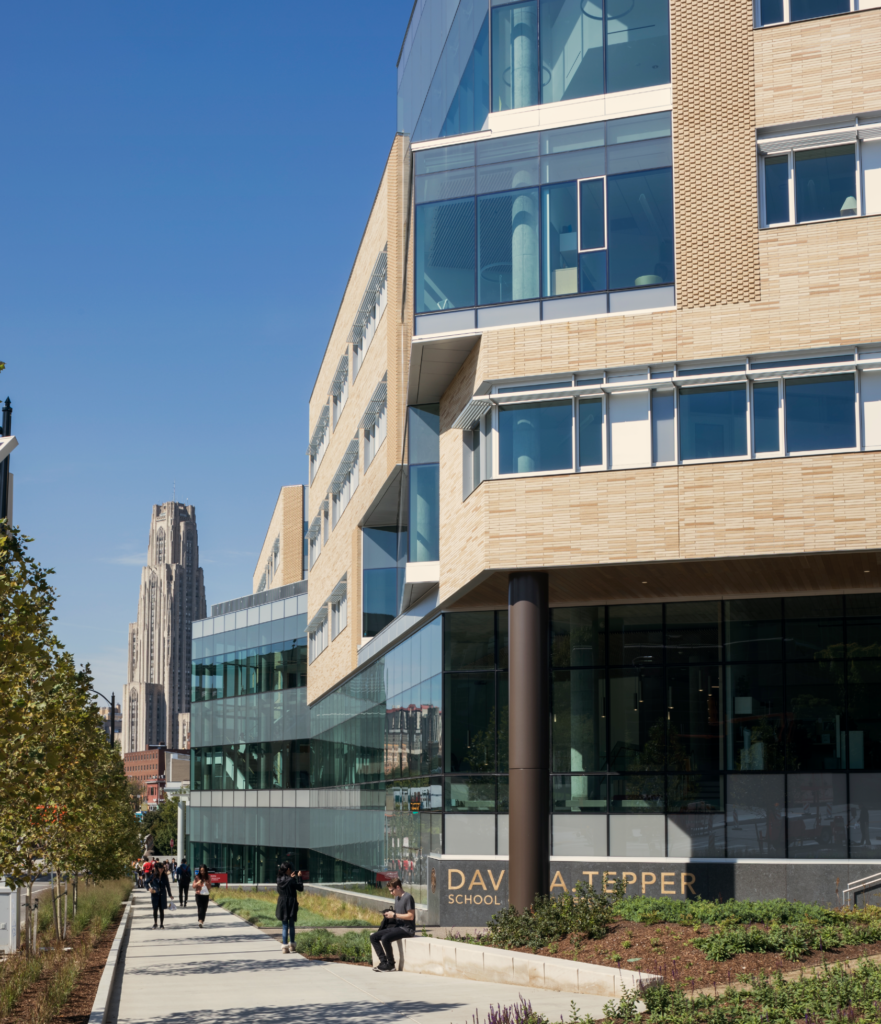
The City of Washington’s courthouse, community centers, law offices and other businesses play host to W&J interns locally, and research opportunities are available at Pittsburgh universities, medical institutions and more. Pittsburgh’s professional sports, theatre, and music are available to students via a weekly campus shuttle. There are also plenty of chances to volunteer, and our students do – W&J has been honored five times on the President’s Higher Education Community Service Honor Roll, a list recognized annually by the President of the United States.
Small class sizes and dedicated faculty ensure that each of the College’s 1,400 students get personalized attention that helps 90 percent of W&J students find placement in jobs or graduate programs within six months of graduation. Studying in one of W&J’s 40+ highly acclaimed academic programs ensures students’ have the necessary tools to follow the path of their choosing. Washington & Jefferson is ranked #94 out of 210 National Liberal Arts Colleges.
Founded in 1848 by the Reformed Presbyterian Church of North America, Geneva College remains committed to a Christian worldview. A private, four-year, comprehensive college of the arts, sciences, and professional studies Geneva enables students to find a pathway to purpose, to find their calling, and to prepare for a life of service and leadership. The college offers an array of academic options and opportunities rooted in liberal arts and science, with associate and bachelor’s degrees that comprise 36 undergraduate major areas of study. Geneva’s 55-acre campus is located in Beaver Falls, Pennsylvania, about 35 miles northwest of Pittsburgh.
Of the college’s 96 full-time faculty members, 76 percent have earned doctorates. The student-to-faculty ratio is 13:1, and the average class size numbers 17 students. More than 50 percent of Geneva seniors typically have jobs or are admitted to graduate school before they graduate, and 97 percent of Geneva students are either working or in grad school within six months after graduation.
Founded in 1849 by the Cumberland Presbyterian Church, Waynesburg University is a private, nonprofit Christian university. Located approximately an hour south of Pittsburgh on a contemporary campus, the university offers doctoral and graduate programs as well as undergraduate programs in 70 academic concentrations. Waynesburg also has three adult centers located in the Pittsburgh region.
The University educates students to make connections between faith, learning and serving so that they might faithfully transform their communities and the world. As a Christian institution, Waynesburg inspires students to pursue lives of purpose.
Waynesburg’s enrollment is more than 1,600 and has a student-faculty ratio of 14:1, with over 67 percent of all classes sizing 20 students or less. This individual attention really pays off as 96 percent of its graduating seniors find job or graduate school placement within just one year. Waynesburg is ranked #81 out of 181 Regional Universities North.
Founded in Freedom in 1966, Community College of Beaver County (CCBC) transforms lives through personalized education, dynamic partnerships and high impact practices. CCBC has an annual enrollment of more than 2,500 credit and 2,500 non-credit students and offers 64 degrees, certificate and diploma programs, as well as hundreds of continuing education and workforce development courses and certifications.
Student-focused partnerships in action at CCBC include the school’s nationally distinctive Aviation, Health, STEM and Criminal Justice high school academies; hundreds of direct transfer agreements with four-year colleges and universities regionally and nationwide; and our industry-led process technology associate degree program. CCBC ranks as the #1 Practical Nursing program in Pennsylvania and boasts nationally recognized aviation programs such as professional piloting and air traffic control. CCBC ranked as the #4 best community college in Pennsylvania in 2022 by Niche, a website that examines rankings, reviews and statistics for colleges.
The main campus of Butler County Community College (BC3) is located in Butler, Pennsylvania where students and faculty enjoy 323 acres of oak groves, rolling hills, walking paths, and a safe, comfortable atmosphere. BC3 serves students in seven, convenient locations in Butler, Lawrence, and Mercer Counties.
BC3 focuses on creating life-long learners and preparing them for success for their post-college years. The expectation is for students to become full partners in the learning process. To foster this process, the college offers Learning PACT, to assure they develop the skills and abilities vital for success.
Students receive personal attention from more than 200 full-time and part-time faculty. Average class size is 20 students, and the student body is diverse, ranging from ages 16 to 75, with a variety of backgrounds and experiences.
To keep education costs affordable, BC3 utilizes subsidies from Butler County, its local sponsor, and the State of Pennsylvania. Students pay about one-third of the total cost of their education. Sixty-five percent of BC3 students receive public, private, state, and federal sources of financial aid and scholarships.
Located in rural Youngwood, PA, Westmoreland County Community College (WCCC) boasts an 80-acre campus comprised of four buildings: Founders Hall, Commissioners Hall, Science Hall and the Business and Industry Center. Founders Hall contains the college bookstore, library, student activities center, gymnasium and more.
The college remains a major contributor to the economic development of the area by providing well-trained graduates in areas such as nursing, computer technology, culinary arts, public service, and in welding, machining, and electronics. Additionally, the college’s workforce-development department provides customized job training for many local employers.
Offering 64 associate degree programs, 13 diploma programs and 49 certificate programs, WCCC provides students the education and skills required to enter the workforce upon graduation. Students also enroll in WCCC’s associate in arts degree program that parallels the first two years of a bachelor’s degree with credits that transfer to a four-year university. The college’s articulation agreements with many colleges and universities help to ease the transfer process and to save time and money on the cost of the bachelor’s degree. mg




